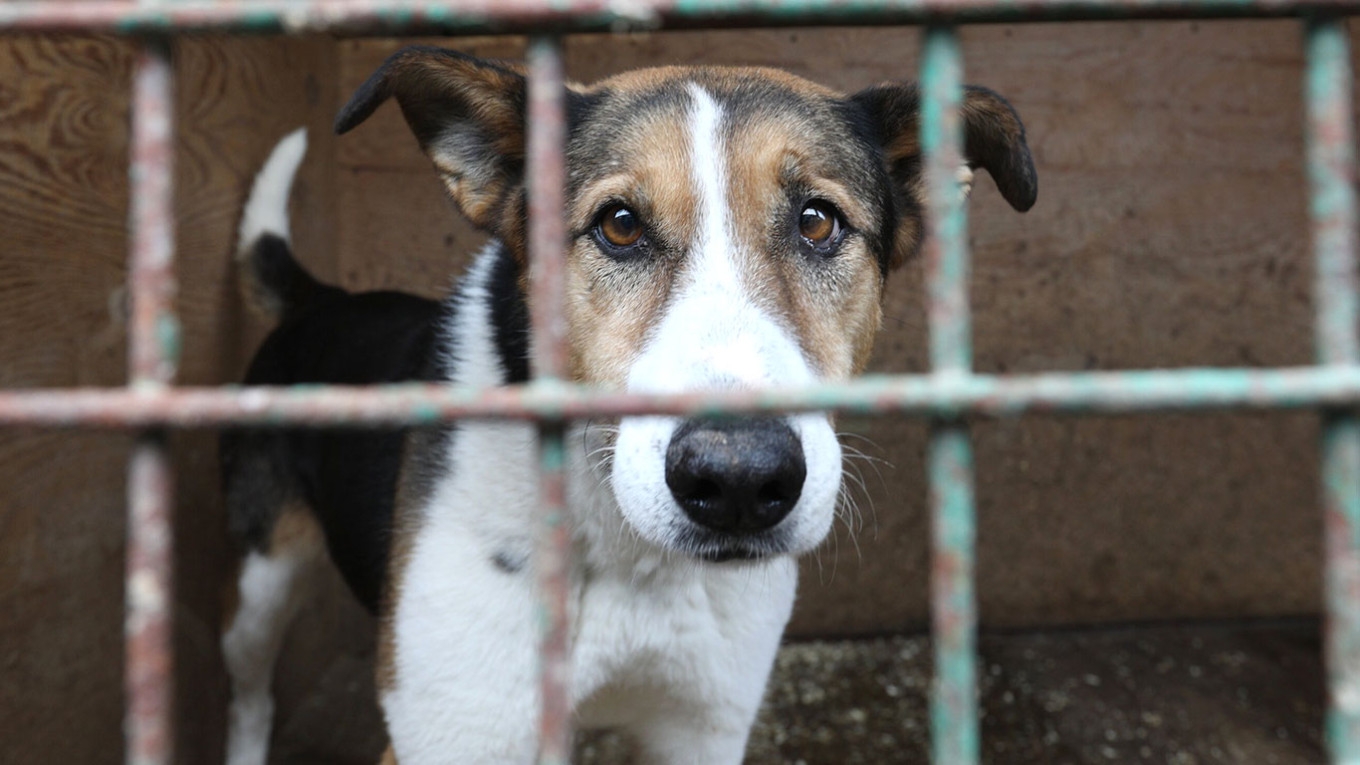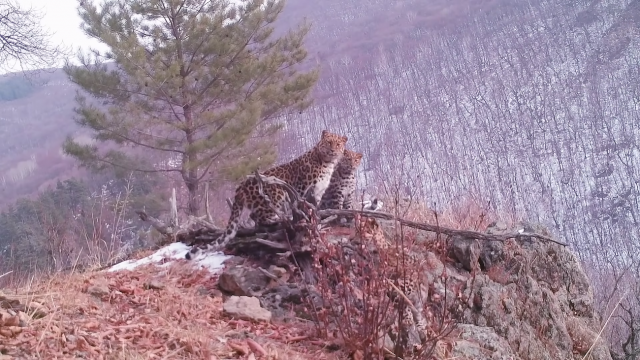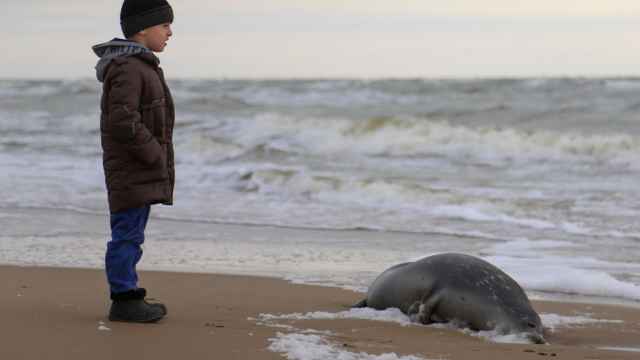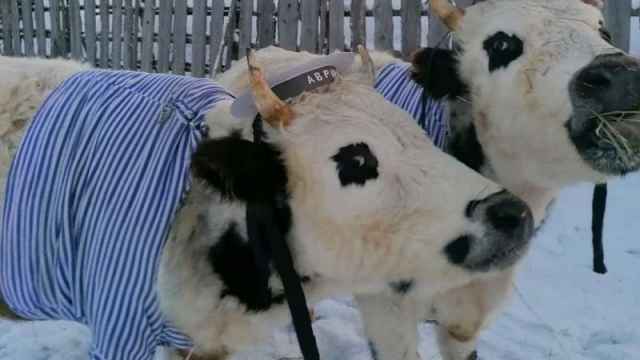As the head of the Kot i Pyos (“Cat and Dog”) charity in the Far East republic of Buryatia, Natalya Filippova takes care of about 500 animals.
"We recently had a puppy fall sick; his kidneys were failing. Our director, along with our colleagues, drove him to Novosibirsk in a car, so that he could undergo dialysis in a good clinic there," Filippova told The Moscow Times. “They even did an IV drip on the way, right in the car.”
The shelter has been saving stray animals without state funding for 14 years, relying on donations from local residents.
On July 24, President Vladimir Putin signed a law that grants Russia's regions the authority to establish their own rules for handling homeless animals — including allowing their euthanization as a form of population control.
Animal rights activists and volunteers who spoke to The Moscow Times warn that the law will allow for the mass euthanization and inhumane killings of homeless animals without solving Russia's stray animal problem, making the work of people like Filippova even more of a challenge.
Elena Rudenko from Moscow, who has volunteered to help homeless dogs find temporary shelters and new owners for the past decade, said the new law is “like a death sentence for many animals.”
"The new law can just drown people like me," Rudenko told The Moscow Times. "We fully understand what 'euthanasia' in the regions means. No one will spend money on humane euthanasia; there, the norm is 'Hit them on the head with a shovel'."
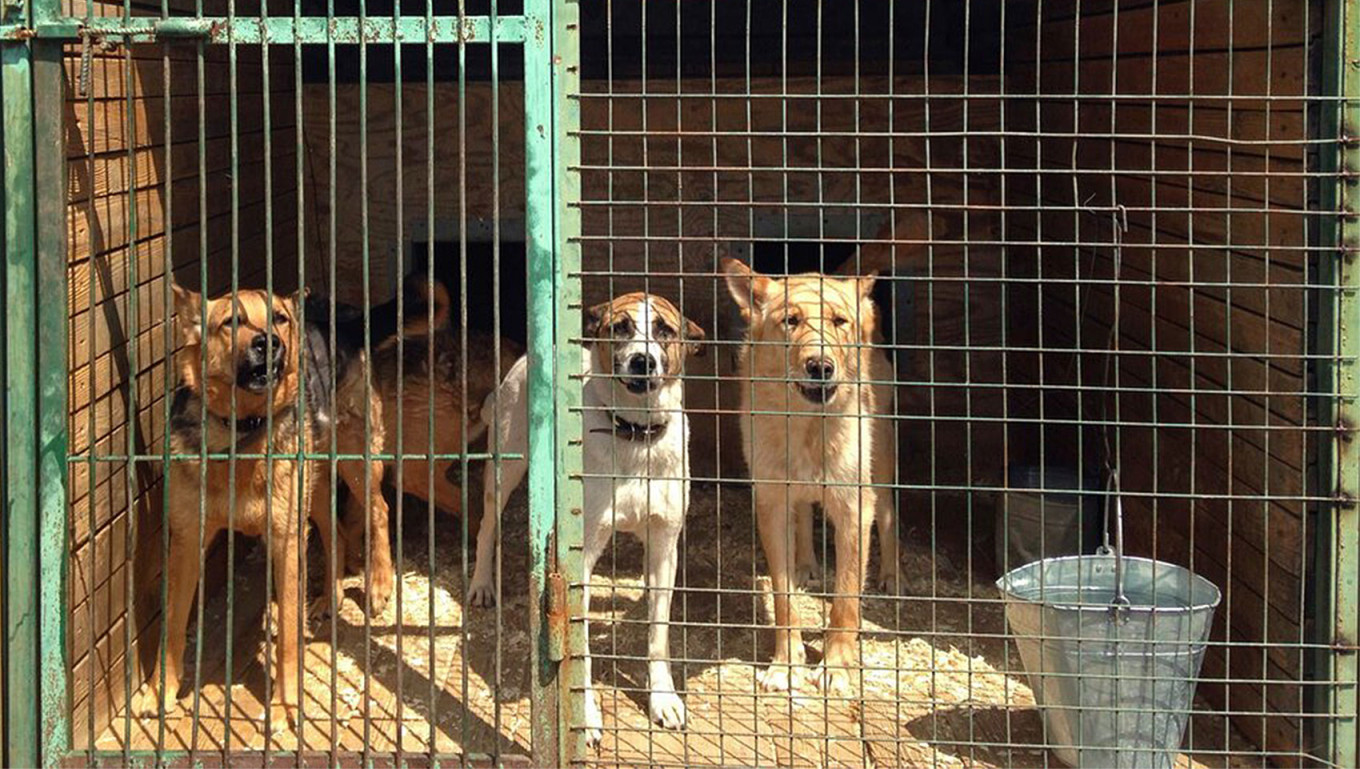
Last month, the head of Buryatia, Alexei Tsydenov, announced that stray dogs in the region will be put in shelters for a certain period set by the regional parliament. If they are not adopted or claimed by their owners within that time, they will be euthanized.
"I am in favor of euthanizing dogs,” Tsydenov said. “Moreover, it is more humane toward the dog. There is a recommendation from the World Veterinary Association that it is more humane to euthanize a dog than to keep it locked up in a cage for its entire life.”
However, the World Veterinary Association says that euthanizing animals, when used alone, "is not an effective control measure” for stray animal populations and should only be carried out when there is no other alternative.
State Duma deputy Nikita Chaplin said the law aims to establish state-run animal shelters, where experts will care for the animals, rather than resorting to euthanization.
"In the new law, the emphasis will be on climate conditions, so that stray dogs and cats do not freeze, do not starve, and therefore do not pose a threat to people," Chaplin said.
Lawmakers also changed the rule that requires regions to strictly follow federal law regarding animal treatment.
State Duma deputy Vladimir Burmatov said the term "euthanasia" is not mentioned in the law, and the amendments are aimed at "responsible treatment of animals and protection of our citizens."
Burmatov added that the regions "requested" the adoption of this law following several instances of stray animal attacks on humans.
In April, dogs fatally mauled an eight-year-old boy in the city of Orenburg, with similar attacks also reported in the Astrakhan region.
Following the incident, the Orenburg regional legislative assembly called on the State Duma to introduce a law legalizing the euthanization of stray dogs.
Rudenko told The Moscow Times that during her decade of volunteering, she encountered only a few aggressive animals — and in most cases, this aggression “stemmed from fear.”
The draft law was first presented by State Duma deputy Sardana Avksentieva, who had served as the mayor of the Far East city of Yakutsk when over 200 dead cats and dogs were discovered with their throats cut in a local shelter.
Yakutsk residents blamed Avksentieva for the incident, while animal rights activists accused her of ordering the animals to be killed to save money on shelter expenses.
The official reason given was to control a rabies outbreak.
In April, Avksentieva conducted a poll among her followers, asking their opinion on dealing with stray dog packs. Over half — 54% — of the respondents supported giving the regions the authority to decide on this matter.
Avksentieva played a significant role in pushing the draft law forward. In many publications on her social media profiles, she said that her position on the law was unchanged.
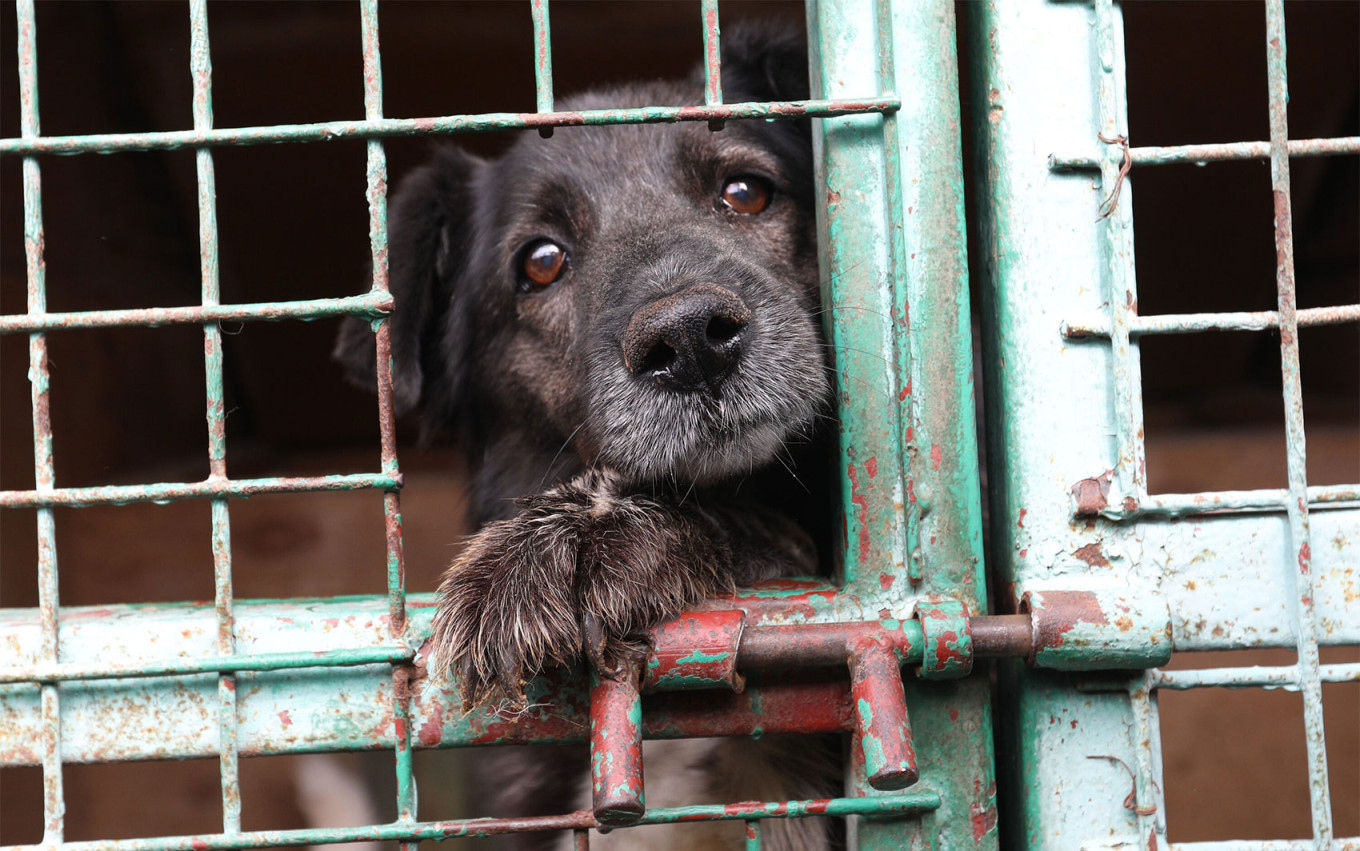
Irina Novozhilova, the president of the Vita animal rights protection center, expressed concerns that corruption might have been behind the push for this law.
"We need to control breeding, not resort to mass killings, as animal populations have a tendency to bounce back. We have seen this happen before. Apparently, someone is interested in spending vast amounts of public money on endless round-ups, as no measures seem to solve the problem," said Novozhilova.
Volunteers and activists say that following best practices, as in Europe, could be a better solution to Russia's stray dog problem.
For example, the Netherlands became the first country in the world to eliminate stray dogs completely through a combination of strict animal welfare laws and the CNVR program (Collect, Neuter, Vaccinate, and Return).
The CNVR program appeared in several Russian regions in 2013, but it hasn't seen the same success as in European countries.
This has been linked to a lack of serious political commitment to enforce the law, a lack of shelters, and unclear guidelines on handling animals.
Filippova from the Kot i Pyos shelter said the new amendments allowing the regions to euthanize stray animals could cause a "war between the public and the authorities" in Buryatia.
She said discussions in the local veterinary administration on how to carry out the law are ongoing.
But shelter representatives like herself were not invited.
A Message from The Moscow Times:
Dear readers,
We are facing unprecedented challenges. Russia's Prosecutor General's Office has designated The Moscow Times as an "undesirable" organization, criminalizing our work and putting our staff at risk of prosecution. This follows our earlier unjust labeling as a "foreign agent."
These actions are direct attempts to silence independent journalism in Russia. The authorities claim our work "discredits the decisions of the Russian leadership." We see things differently: we strive to provide accurate, unbiased reporting on Russia.
We, the journalists of The Moscow Times, refuse to be silenced. But to continue our work, we need your help.
Your support, no matter how small, makes a world of difference. If you can, please support us monthly starting from just $2. It's quick to set up, and every contribution makes a significant impact.
By supporting The Moscow Times, you're defending open, independent journalism in the face of repression. Thank you for standing with us.
Remind me later.


